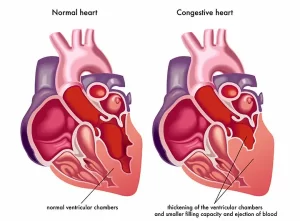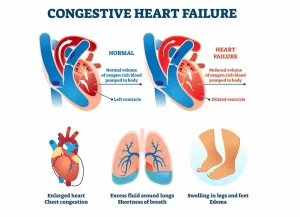SOURCE: Autism Speaks Website / https://www.autismspeaks.org/
One of the most important things you can do as a parent or caregiver is to learn the early signs of autism and become familiar with the typical developmental milestones that your child should be reaching.
The timing and intensity of autism’s early signs vary widely. Some infants show hints in their first months. In others, behaviors become obvious as late as age 2 or 3.
Not all children with autism show all the signs. Many children who don’t have autism show a few. That’s why professional evaluation is crucial.
The following may indicate your child is at risk for an autism spectrum disorder. If your child exhibits any of the following, ask your pediatrician or family doctor for an evaluation right away:
By 6 months
Few or no big smiles or other warm, joyful and engaging expressions
Limited or no eye contact
By 9 months
Little or no back-and-forth sharing of sounds, smiles or other facial expressions
By 12 months
Little or no babbling
Little or no back-and-forth gestures such as pointing, showing, reaching or waving
Little or no response to name
By 16 months
Very few or no words
By 24 months
Very few or no meaningful, two-word phrases (not including imitating or repeating)
At any age
Loss of previously acquired speech, babbling or social skills
Avoidance of eye contact
Persistent preference for solitude
Difficulty understanding other people’s feelings
Delayed language development
Persistent repetition of words or phrases (echolalia)
Resistance to minor changes in routine or surroundings
Restricted interests
Repetitive behaviors (flapping, rocking, spinning, etc.)
Unusual and intense reactions to sounds, smells, tastes, textures, lights and/or colors
If you have concerns, get your child screened and contact your healthcare provider.
The M-CHAT (Modified Checklist for Autism in Toddlers ™) can help you determine if a professional should evaluate your child. This simple online autism screen, available on our website, takes only a few minutes. If the answers suggest your child has a high probability for autism, please consult with your child’s doctor. Likewise, if you have any other concerns about your child’s development, don’t wait. Speak to your doctor now about screening your child for autism.
Resources
A diagnosis of autism is an important turning point in a long journey to understand your child’s world. Autism Speaks has many resources for families whose children have recently received a diagnosis.
These include Autism Speaks First Concern to Action Tool Kit and First Concern to Action Roadmap.
Are you an adult or teen?
Do you suspect that your feelings and behaviors involve autism? Many people who have milder forms of autism go undiagnosed until adulthood. Find out more in our guide: “Is it Autism and If So, What Next?”
Please visit Treatment of Autism and our Directory for more information. Have more questions? Autism Speaks’ Autism Response Team can help you with information, resources and opportunities. Call us at 888-288-4762 (en Español 888-772-9050) or email f[email protected].



